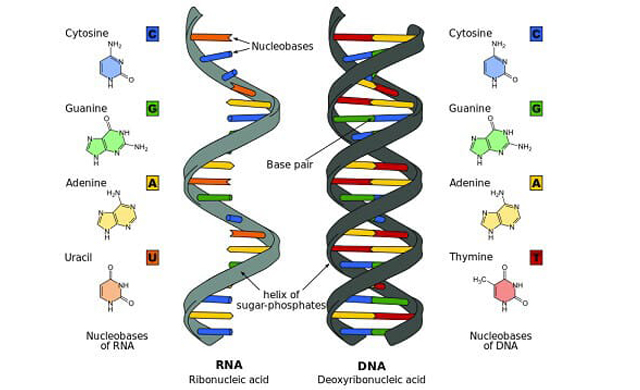Biochemical analysis, Immunological analysis, can you distinguish clearly?
What is biochemical analysis?
Biochemical analysis refers to the detection method of enzymes, carbohydrates, lipids, protein and non-protein nitrogen, inorganic elements, liver function and other indicators in the body through various biochemical reactions. It is mainly used in routine testing in hospitals.
Biochemical diagnosis developed earlier in my country and is a routine diagnostic testing item in hospitals, focusing on disease monitoring that has already occurred.
At present, the domestic biochemical diagnostic reagent market is relatively mature, with a complete range of reagents. Domestic brands have occupied about two-thirds of the domestic biochemical diagnostic reagent market by virtue of the advantages of cost-effective products and high-quality market services.

What is an immunoassay?
Immunoassay is a highly selective diagnostic method established by using the specific reaction between the substance to be tested and its corresponding substance. It is often detected by the immune reaction of antigen and antibody, and various carriers are used to amplify the reaction signal to enhance the detection. Sensitivity (labels include isotopes, enzymes, chemiluminescence substances), including radioimmunity, enzyme-linked immunity, chemiluminescence, etc., mainly to test small molecular proteins, hormones, fatty acids, drugs and other substances in the body, commonly used in infectious diseases, endocrine Detection of protein targets such as diseases, tumors, pregnancy tests, blood group antigens, etc.
At present, high-end chemiluminescence has gradually replaced ELISA as the mainstream immunodiagnostic method in my country, focusing on the monitoring of infected diseases.
ELISA: ELISA markers are enzymes, which are often used to detect an antigen or antibody. Reagents have the characteristics of low cost and large-scale operation, and are currently the mainstream of domestic immunodiagnostic reagents.
Chemiluminescence: Chemiluminescence reagents have high sensitivity, strong specificity, and good reproducibility. They can be used for highly automated semi-quantitative and quantitative analysis, and have fast detection time and good reproducibility. It is one of the important development directions of immunological reagents.
Hecho specializing in design and manufacture the Fiber Optic Cable, Optical Fiber Bundle, and Fiber Optic Light Guide for Biochemical diagnostic, Immunoassay, Molecular diagnostic, and for POCT, IVD application. Hecho supply the Customized Optical Fiber Cable which can meet the differentiated needs of different customers.